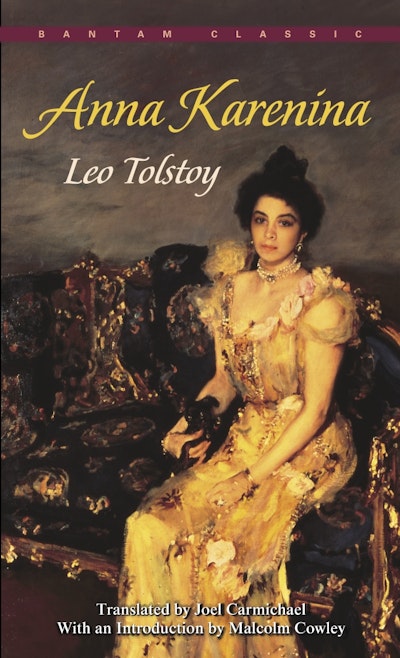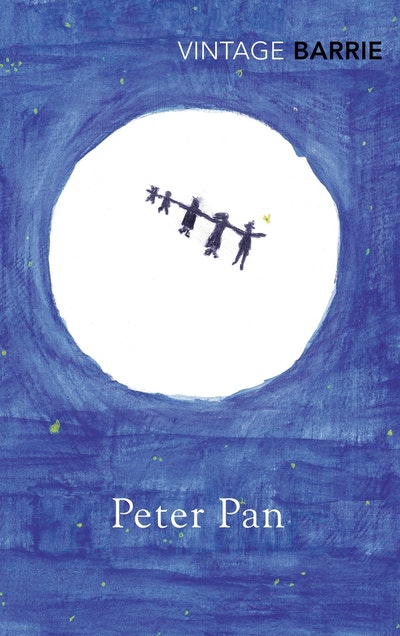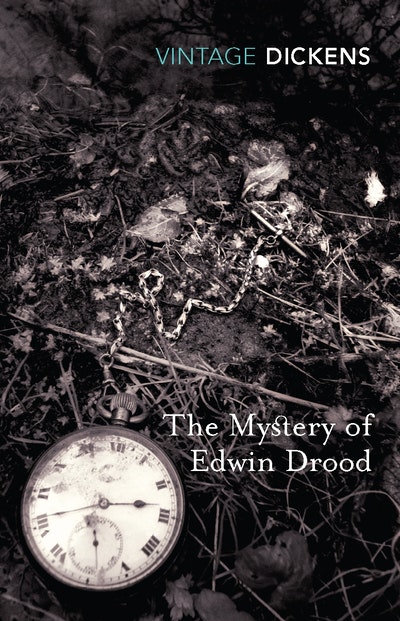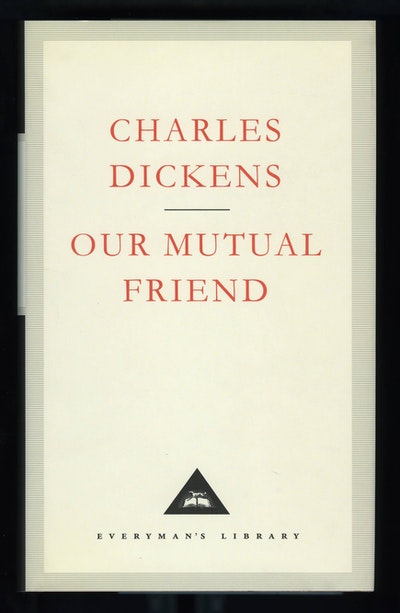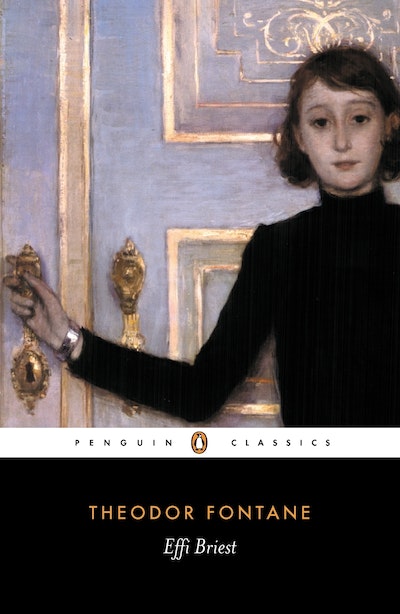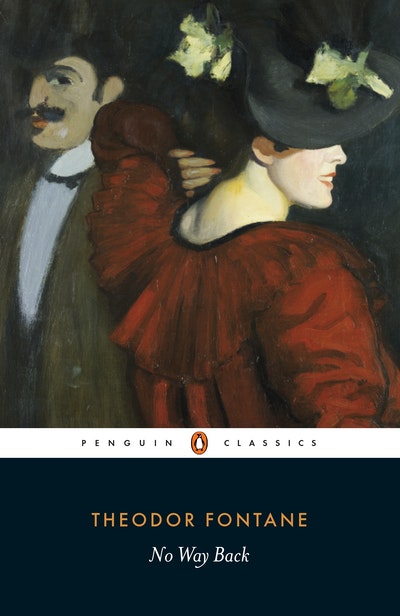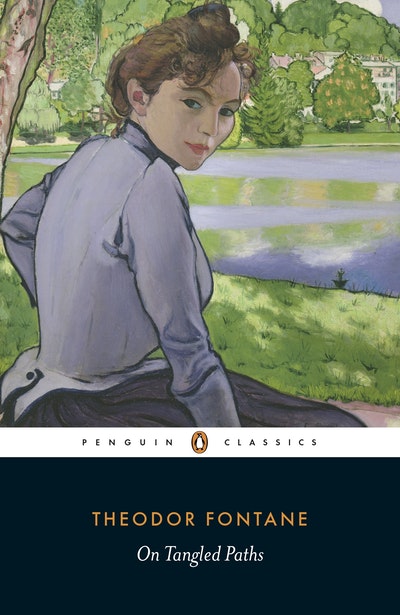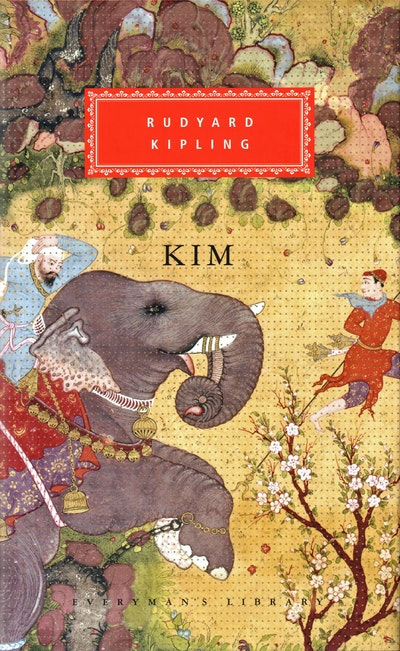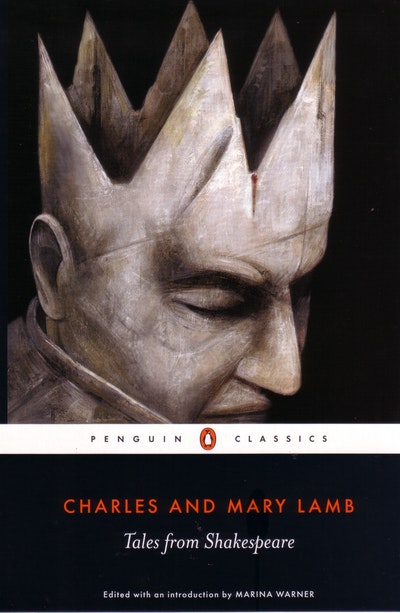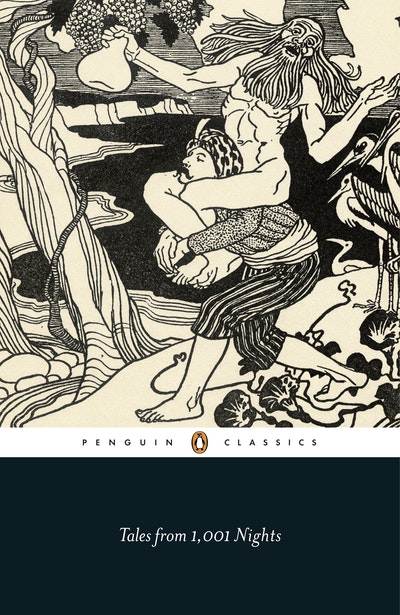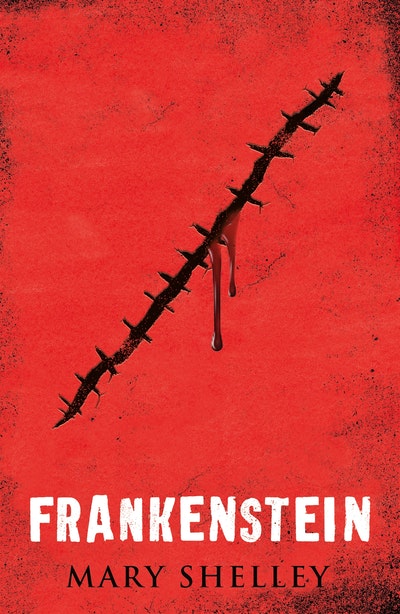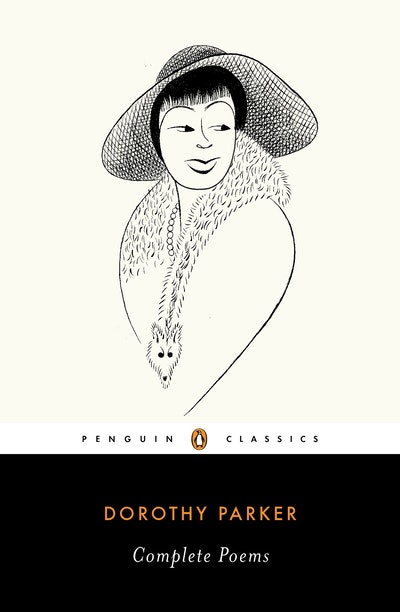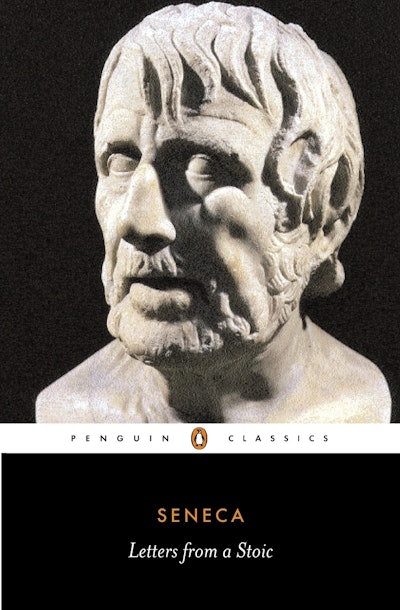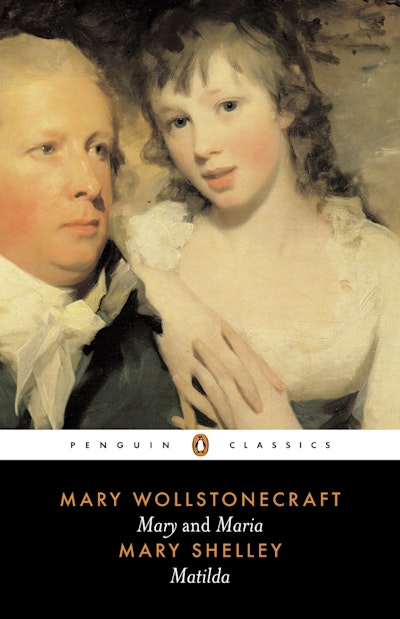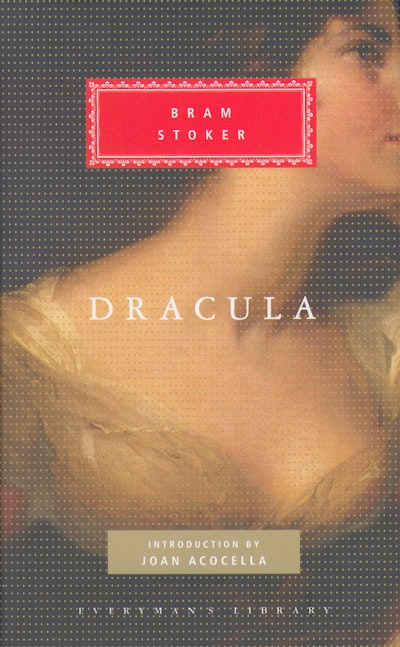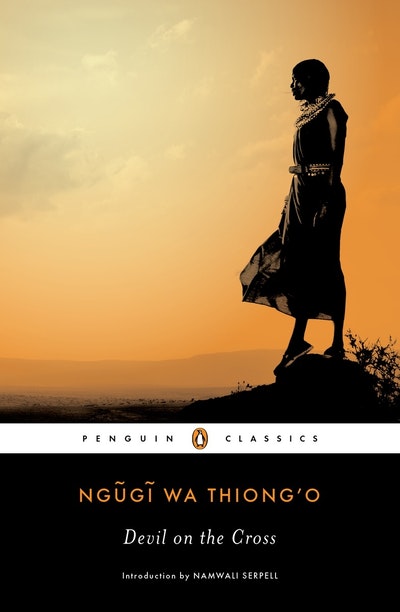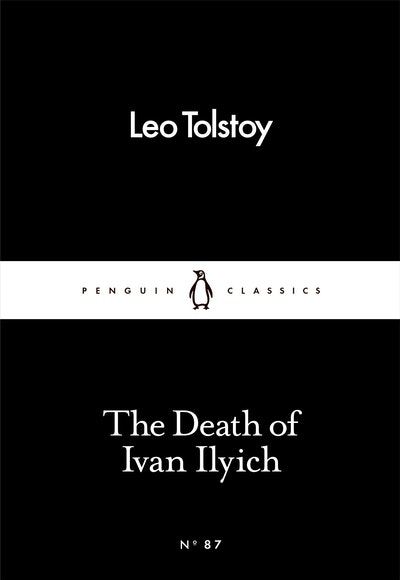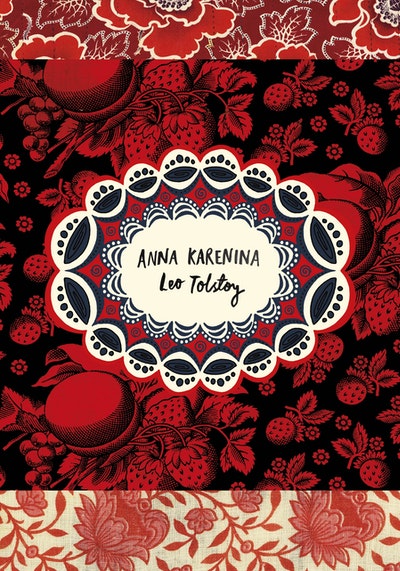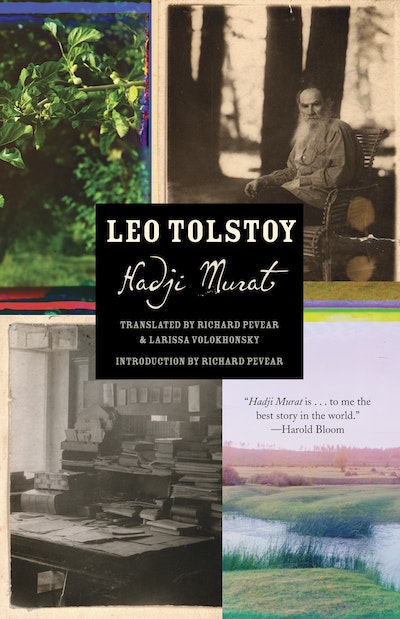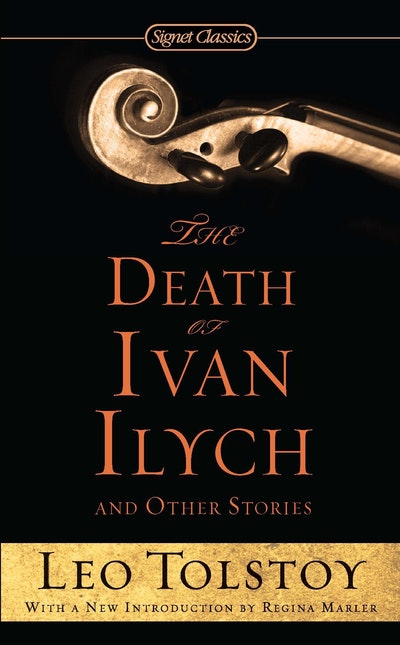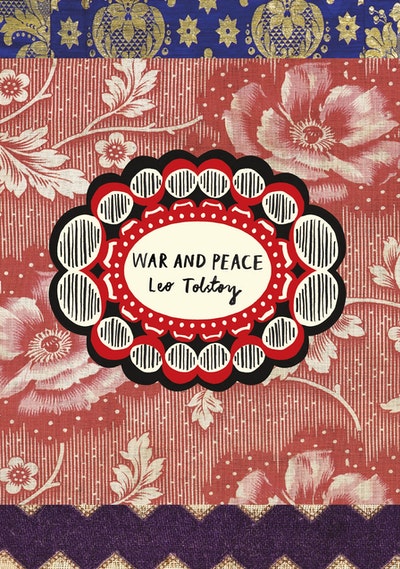- Published: 1 February 1998
- ISBN: 9780553213461
- Imprint: Bantam Dell
- Format: Paperback
- Pages: 1008
- RRP: $16.99
Anna Karenina
'The greatest love story I've ever read' Andrew Davies
A magnificent drama of vengeance, infidelity, and retribution, Anna Karenina portrays the moving story of people whose emotions conflict with the dominant social mores of their time.
Sensual, rebellious Anna falls deeply and passionately in love with the handsome Count Vronsky. When she refuses to conduct the discreet affair that her cold, ambitious husband (and Russian high society) would condone, she is doomed. Set against the tragic love of Anna and Vronsky, the plight of the melancholy nobleman Konstantine Levin unfolds.
In doubt about the meaning of life, haunted by thoughts of suicide, Levin’s struggles echo Tolstoy’s own spiritual crisis. But Anna's inner turmoil mirrors the own emotional imprisonment and mental disintegration of a woman who dares to transgress the strictures of a patriarchal world.
In Anna Karenina, Leo Tolstoy brought to perfection the novel of social realism and created a masterpiece that bared the Russian soul.
- Published: 1 February 1998
- ISBN: 9780553213461
- Imprint: Bantam Dell
- Format: Paperback
- Pages: 1008
- RRP: $16.99
Other books in the series
About the author
Leo Tolstoy was born in central Russia in 1828. He studied Oriental languages and law (although failed to earn a degree in the latter) at the University of Kazan, and after a dissolute youth eventually joined an artillery regiment in the Caucasus in 1851. He took part in the Crimean War, and the Sebastopol Sketches that emerged from it established his reputation. After living for some time in St Petersburg and abroad, he married Sophie Behrs in 1862 and they had thirteen children. The happiness this brought him gave him the creative impulse for his two greatest novels, War and Peace (1869) and Anna Karenina (1877). Later in life his views became increasingly radical as he gave up his possessions to live a simple peasant life. After a quarrel with his wife he fled home secretly one night to seek refuge in a monastery. He became ill during this dramatic flight and died at the small railway station of Astapovo in 1910.
Discover more
Some of the biggest burns from classic literature.
